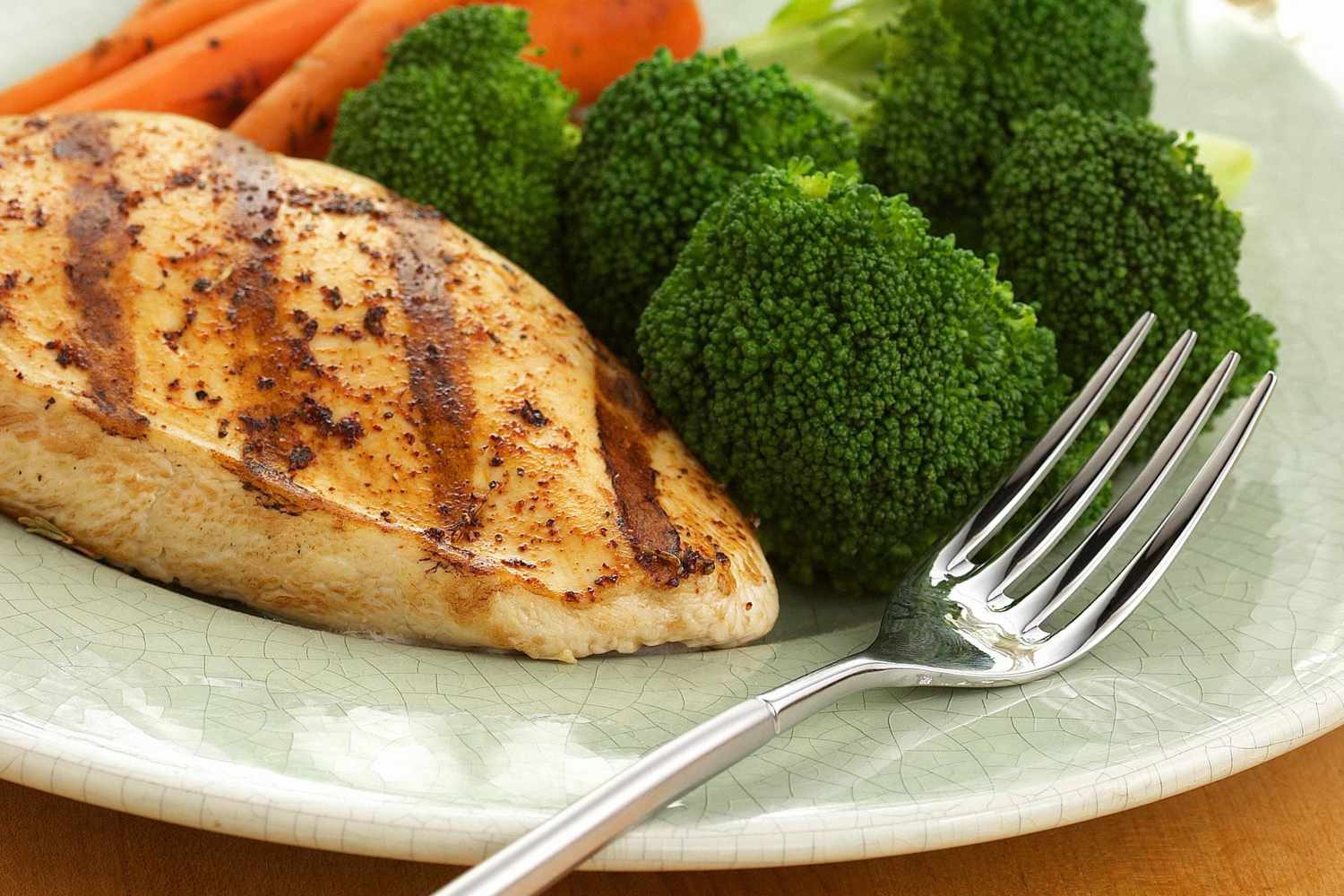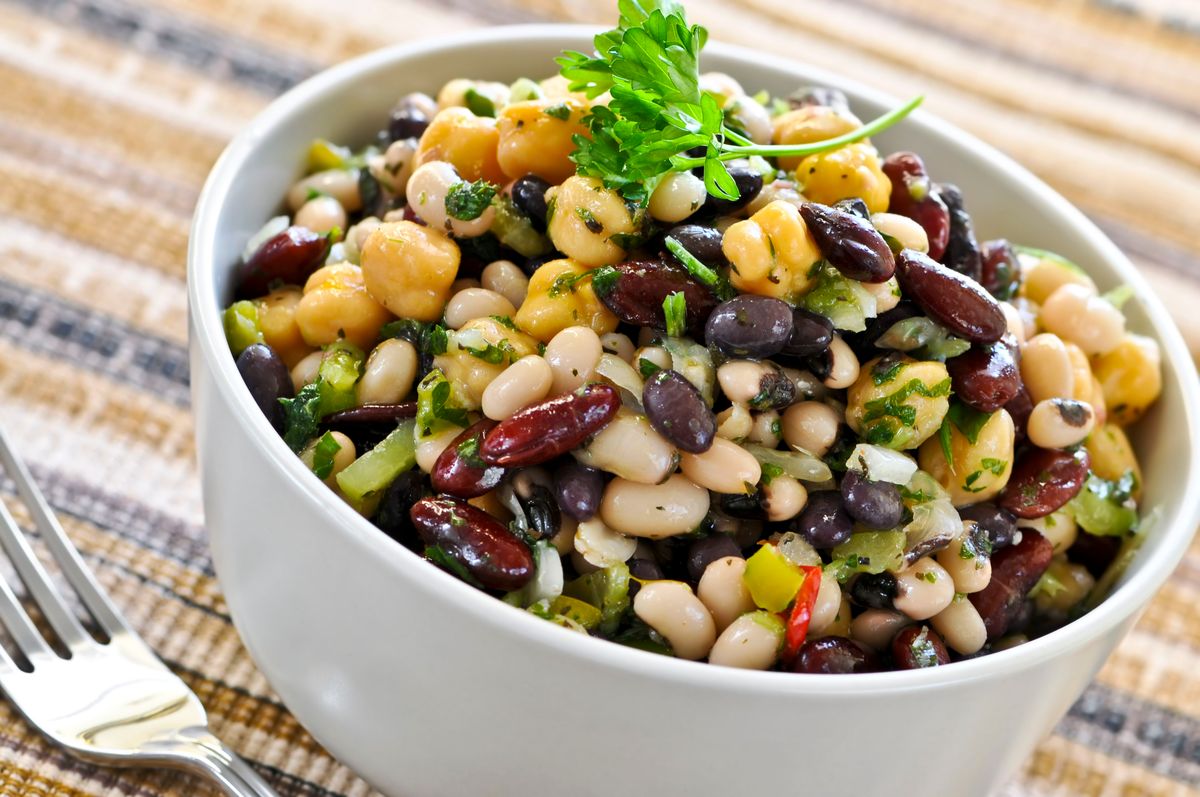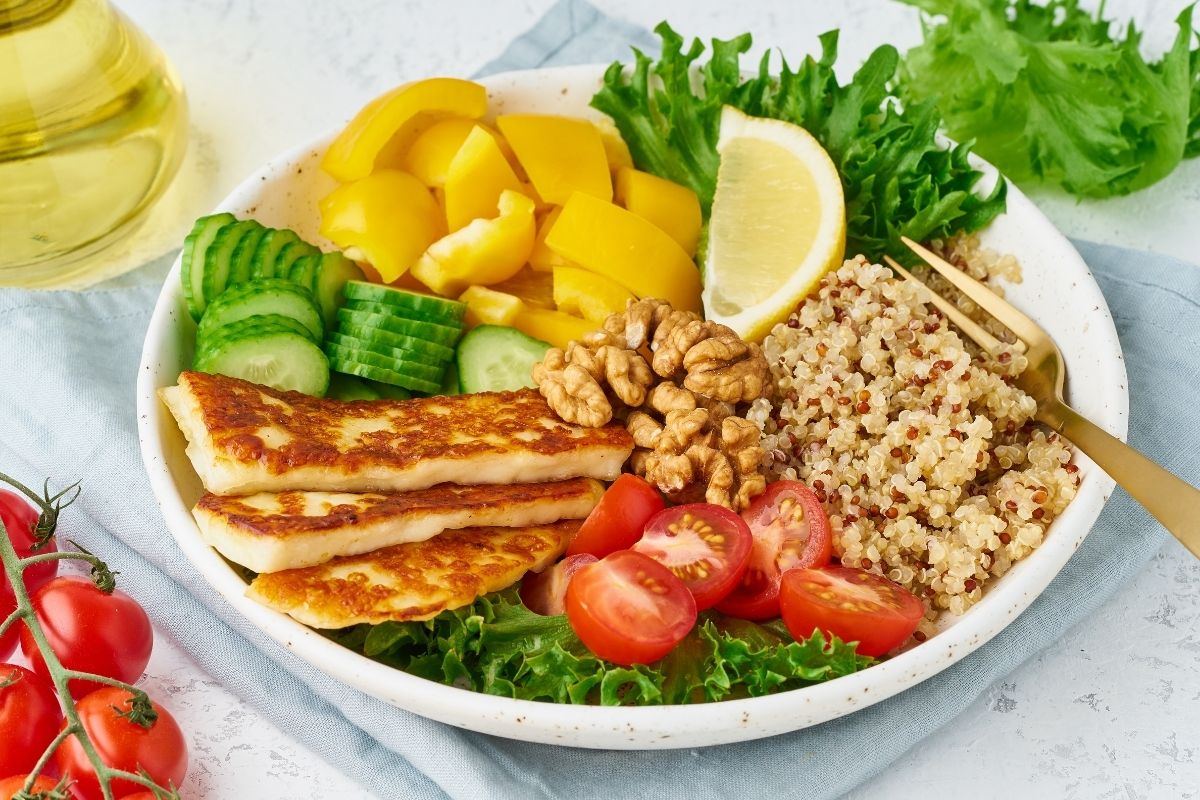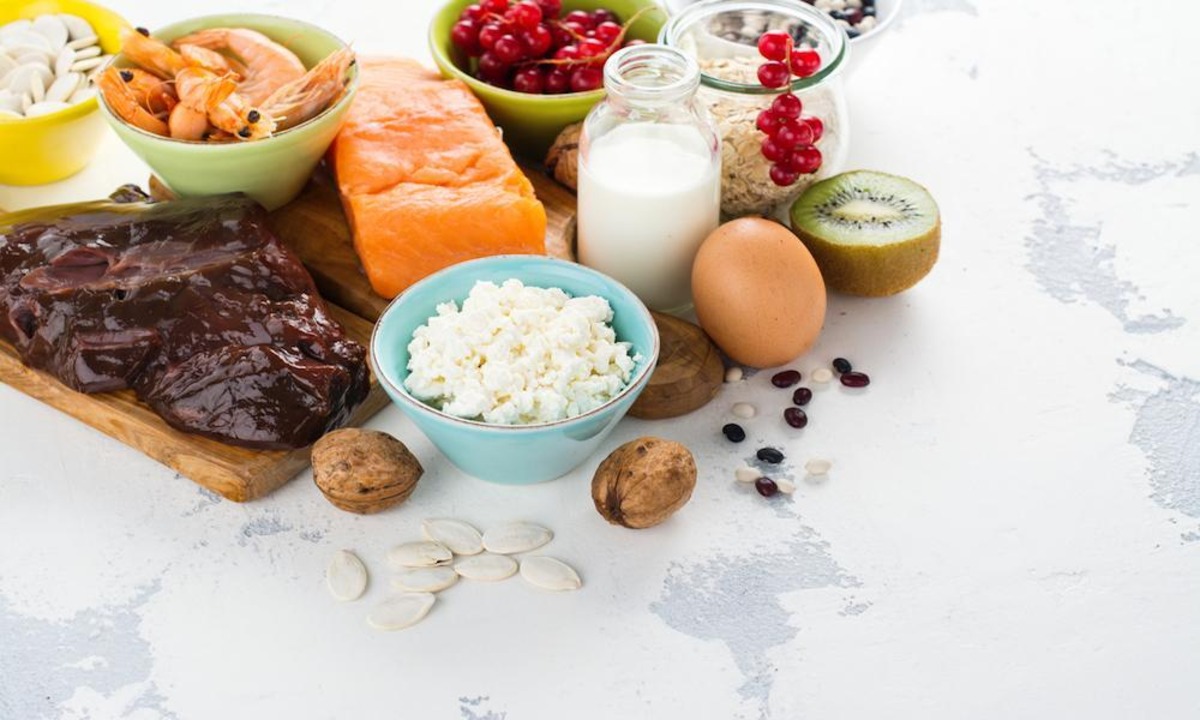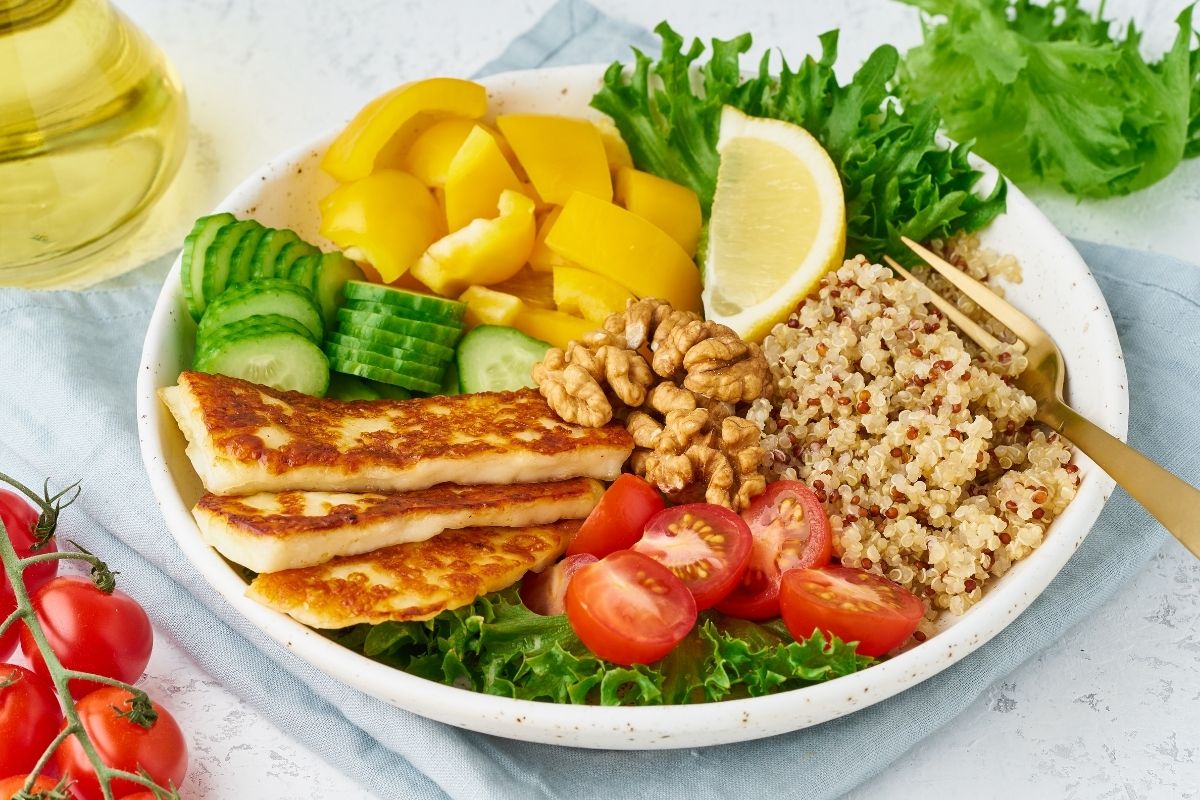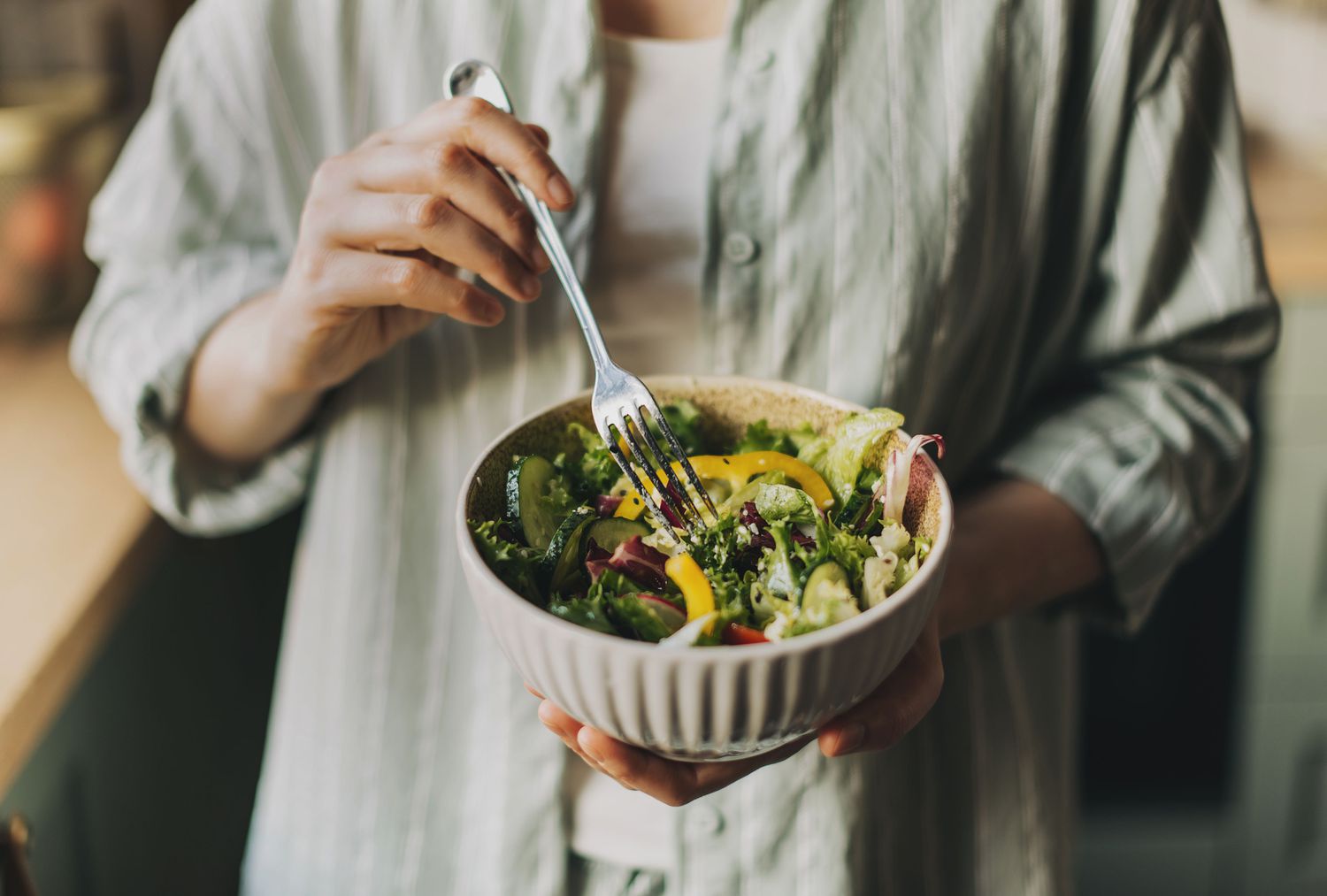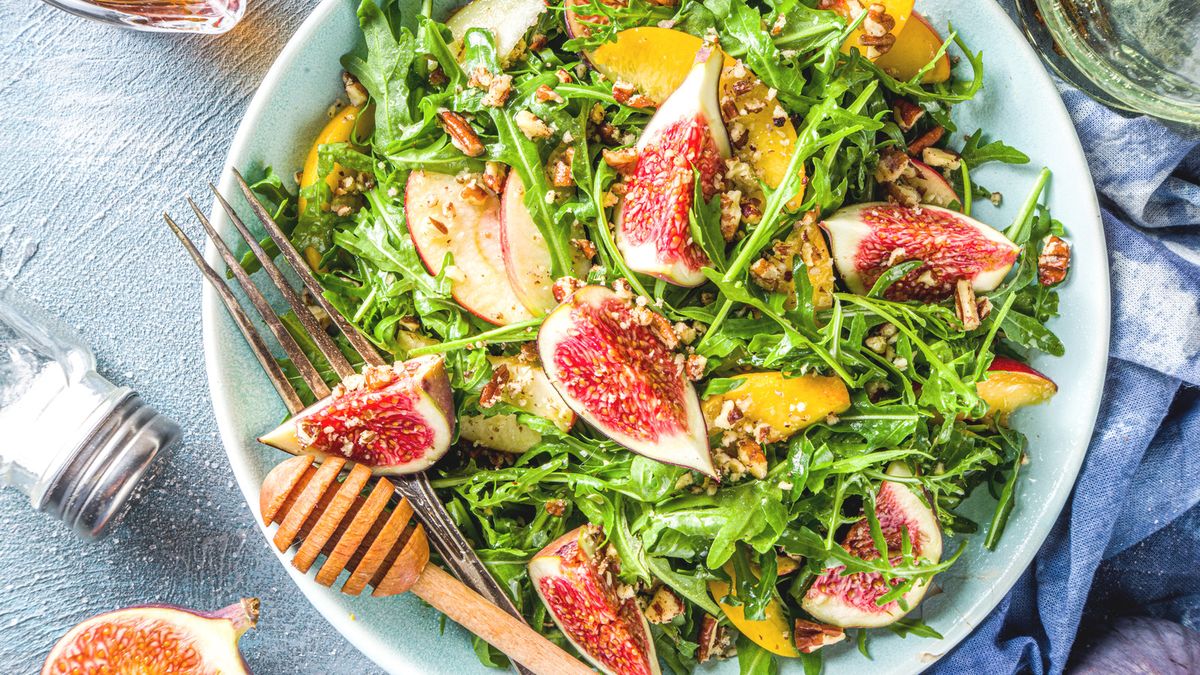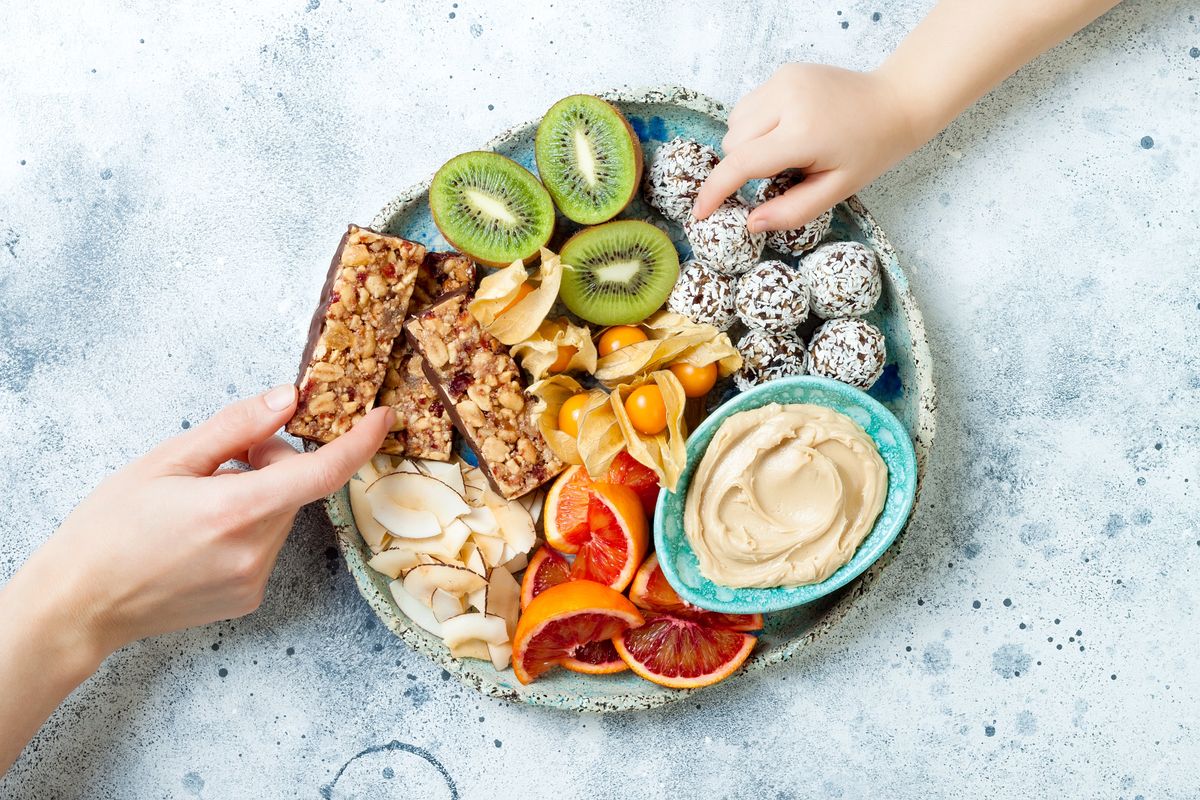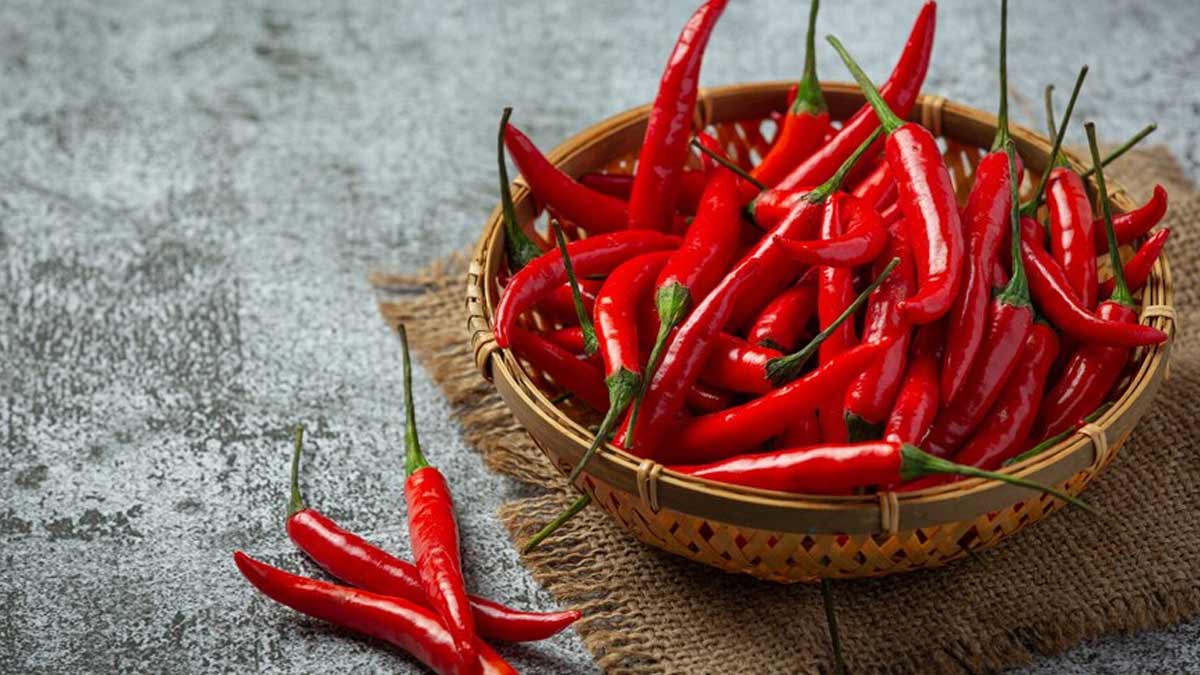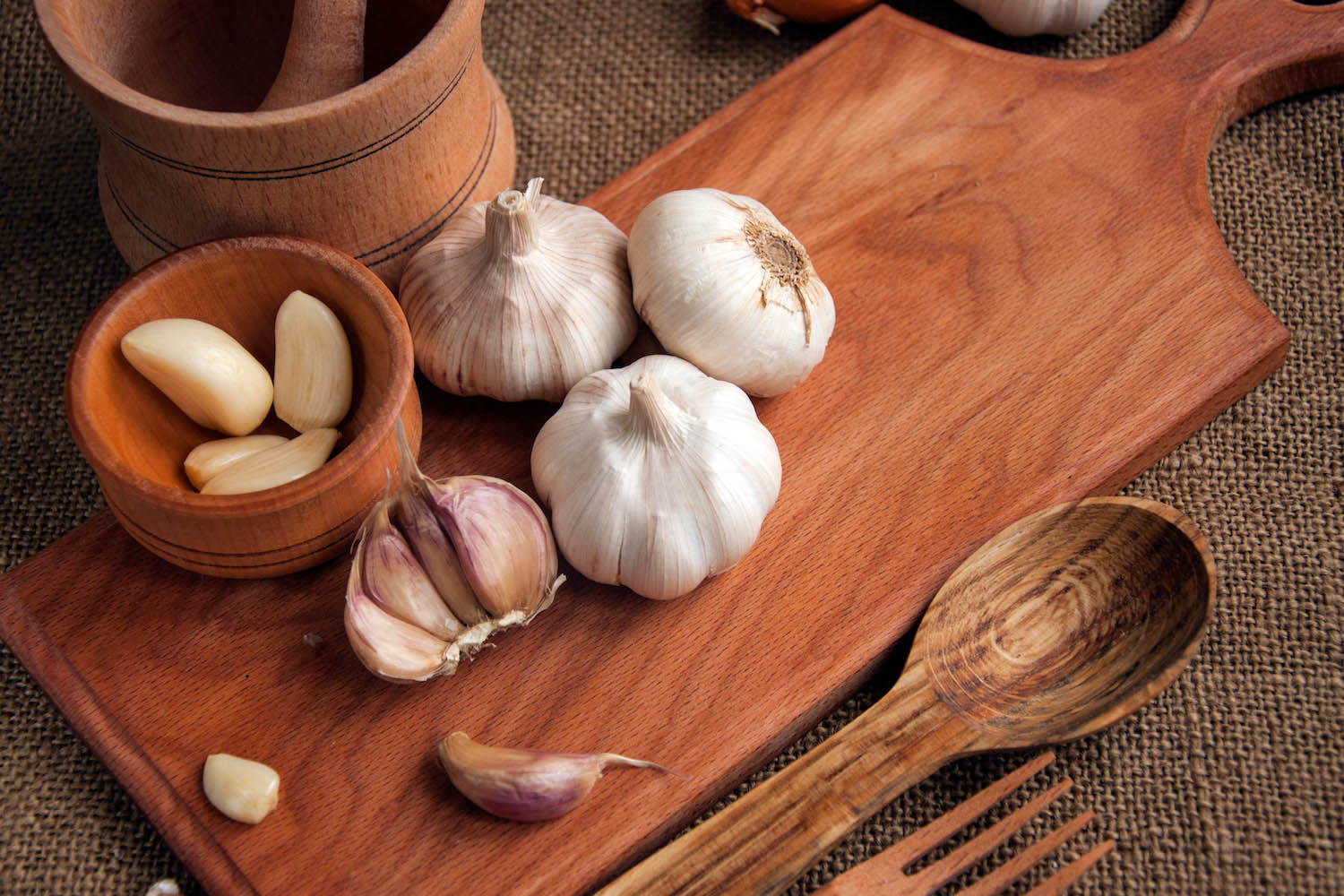Managing IBS with the Right Greens
Living with Irritable Bowel Syndrome (IBS) can be challenging, especially when it comes to choosing the right foods to eat. For many IBS sufferers, consuming greens can be particularly troublesome. However, with the right approach, it is possible to incorporate greens into your diet without exacerbating your symptoms. Here are some tips on how to eat greens when you have IBS:
Choose Low-FODMAP Greens
IBS symptoms are often triggered by foods high in FODMAPs, which are fermentable carbohydrates. When selecting greens, opt for those that are low in FODMAPs to minimize digestive distress. Some low-FODMAP greens include:
- Spinach
- Kale
- Collard greens
- Bok choy
Prepare Greens in Digestible Ways
IBS can make it difficult to digest certain foods, including raw greens. To make them more digestible, consider cooking your greens before consuming them. Steaming or sautéing greens can help break down their fibers, making them gentler on the digestive system.
Monitor Portion Sizes
While greens are nutritious, consuming large quantities at once can overwhelm the digestive system, especially for those with IBS. Be mindful of portion sizes and start with smaller servings to gauge your tolerance. Gradually increase the portion size as tolerated.
Pair Greens with Gut-Friendly Foods
Combining greens with gut-friendly foods can help ease digestion and minimize IBS symptoms. Consider pairing your greens with foods that are gentle on the stomach, such as:
- Quinoa
- Lean proteins
- Probiotic-rich foods like yogurt
Experiment with Different Greens
Not all greens are created equal, and what works for one person with IBS may not work for another. Experiment with different types of greens to see which ones are best tolerated by your digestive system. Keep a food diary to track your symptoms and identify which greens work well for you.
Seek Professional Guidance
If you’re struggling to incorporate greens into your diet due to IBS, consider consulting a registered dietitian or nutritionist who specializes in digestive health. They can provide personalized recommendations and meal plans tailored to your specific needs and tolerances.
While IBS can present dietary challenges, it is possible to enjoy the nutritional benefits of greens with some careful planning and experimentation. By choosing the right greens, preparing them in digestible ways, monitoring portion sizes, and seeking professional guidance, you can navigate IBS while still enjoying a variety of greens in your diet.
